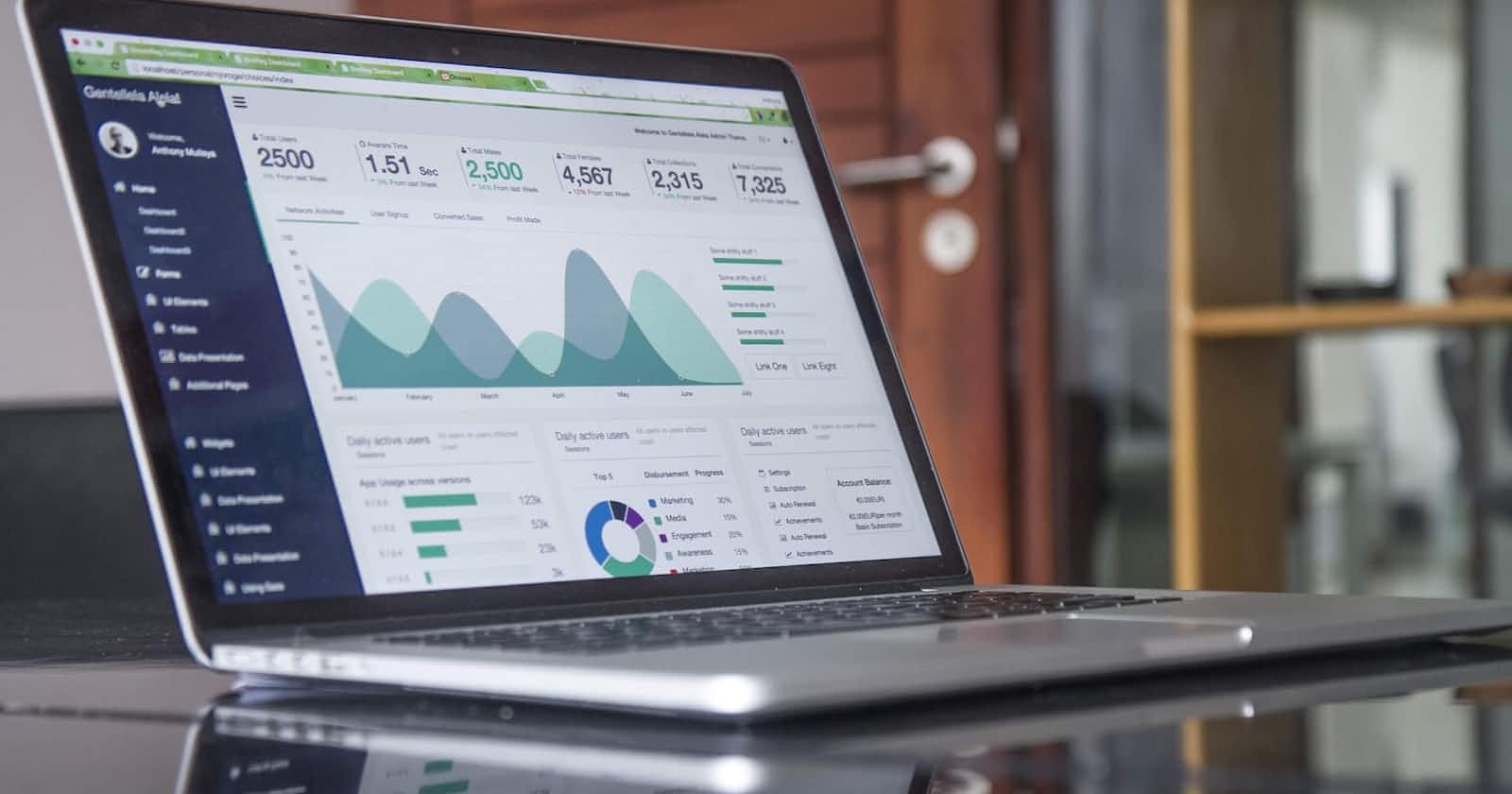Data science has become one of the most popular career choices in recent years, with companies of all sizes recognizing the importance of data in making informed business decisions. A data scientist's role is to analyze complex data sets, identify patterns and trends, and create predictive models to help companies make data-driven decisions.
In this article, we will cover all aspects of a data scientist's daily routine, including their responsibilities, skills required, and tools they use to perform their job.
Who is a Data Scientist?
Data Scientists are professionals who analyze complex data and derive valuable insights from it. They help organizations make data-driven decisions by using their analytical skills, statistical knowledge, and machine-learning techniques. Their job is to identify trends, patterns, and anomalies in data and make predictions for future trends.
Responsibilities of a Data Scientist
A data scientist's primary responsibility is to gather, clean, and analyze large datasets to gain insights into customer behavior, market trends, and other business-related factors. They work with various teams to identify business problems and use data-driven techniques to solve them.
A data scientist's responsibilities include but are not limited to:
Collecting and cleaning data from various sources
Analyzing data to identify patterns and trends
Building predictive models using machine learning algorithms
Developing data-driven solutions for business problems
Communicating insights to non-technical stakeholders
Collaborating with other data professionals to improve data quality
Skills Required for a Data Scientist
To become a successful data scientist, one needs to possess a range of skills, including technical and non-technical skills.
Technical skills required for data scientists include:
Proficiency in programming languages like Python, R, SQL, and others
Knowledge of machine learning algorithms and statistical models
Experience in data cleaning, preparation, and exploration
Familiarity with big data technologies like Hadoop and Spark
Ability to work with data visualization tools like Tableau, Power BI, and others
Non-technical skills required for data scientists include:
Strong analytical and problem-solving skills
Excellent communication and presentation skills
Curiosity and a passion for learning
Ability to work in a team and collaborate with other professionals
Ability to think creatively and come up with innovative solutions
Tools Used by Data Scientists
Data scientists use a wide range of tools and technologies to perform their jobs. Some of the most commonly used tools by data scientists include:
Programming Languages: Python, R, SQL, SAS, and others
Data Visualization Tools: Tableau, Power BI, matplotlib, and others
Machine Learning Libraries: Scikit-Learn, TensorFlow, Keras, and others
Big Data Technologies: Hadoop, Spark, Hive, and others
Cloud Platforms: AWS, Google Cloud, Azure, and others
A Glimpse into the Life of a Data Scientist
A typical day in the life of a data scientist varies depending on their role, industry, and company. However, most data scientists spend their day performing the following tasks:
Analyzing data and creating reports: Data scientists spend a significant amount of time analyzing data and creating reports to present their findings to stakeholders.
Developing machine learning models: They spend time developing and refining machine learning models to help solve business problems.
Collaborating with other professionals: They work closely with other professionals, such as data engineers and business analysts, to develop solutions.
Participating in meetings and presentations: They participate in meetings with other professionals and present their findings to stakeholders.
Learning and exploring new technologies: Data scientists spend time exploring new technologies and techniques to improve their skills and stay up to date with the latest trends.
Conclusion
In conclusion, data science is a critical function for organizations to make data-driven decisions. Data scientists help companies make sense of complex data and derive valuable insights from it. They possess a range of technical and non-technical skills and use various tools and technologies to perform their jobs. In this article, we have covered the responsibilities, skills required, and tools used by data scientists.
If you're interested in pursuing a career in data science, there are various resources available to help you learn the necessary skills. Online programs, boot camps, and the best certification courses for data science can provide you with the knowledge and practical experience required to succeed in this field.
In addition to formal education, it's crucial to practice your skills and work on projects to build a strong portfolio. Contributing to open-source projects, participating in data science competitions, and building your projects can help you gain practical experience and demonstrate your skills to potential employers.
Overall, data science is a growing field with ample job opportunities for those with the necessary skills and expertise. By honing your skills, staying up to date with the latest trends, and building a robust portfolio, you can position yourself for a successful career in data science. Good luck with your career path in data science!


